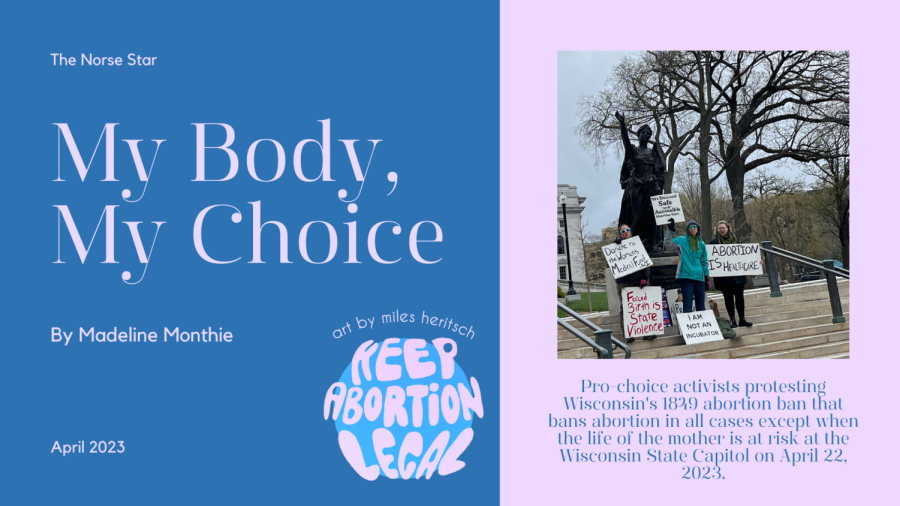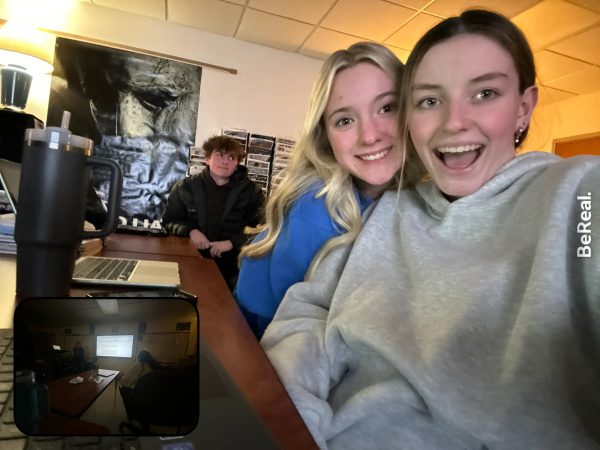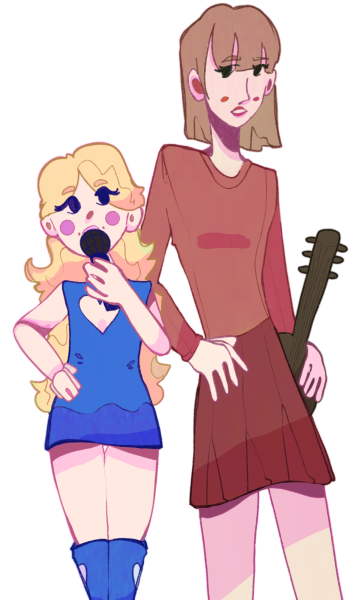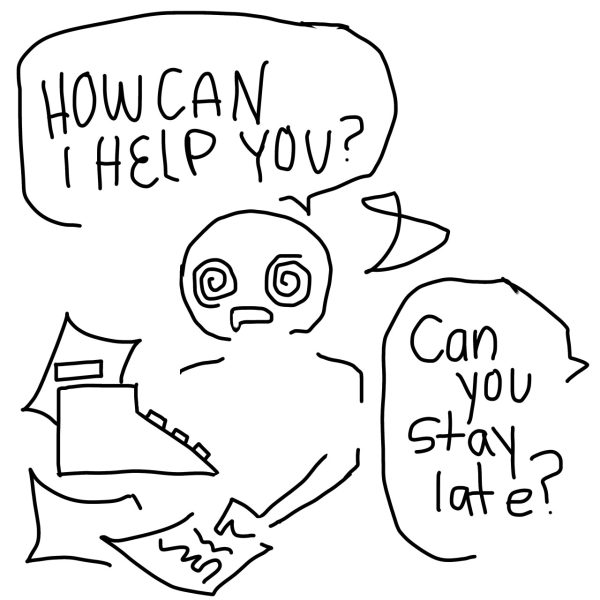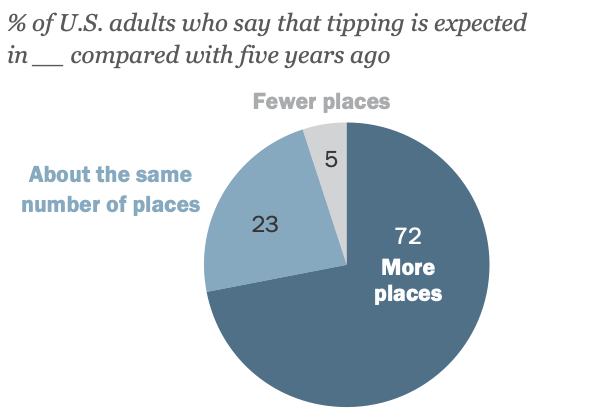My Body, My Choice
Along with countless other people assigned female at birth, I have always felt like my value and purpose were based solely on the fact that I have a uterus. In the eyes of society, I have always felt like I am just a vessel for reproduction, someone to have and raise the next generation. When I was younger, I couldn’t even play with dolls or show any sort of nurturing behavior without someone saying something to the effect of “she’ll make a great mother someday.” Having children never seemed like a choice to me; instead, it was a societal expectation, all due to the fact that I have a uterus.
Unfortunately, the 2022 decision to overturn Roe v. Wade has confirmed these fears of mine. In the eyes of many politicians, the majority of the members of the Supreme Court (five out of nine, to be exact), and anti-abortionists across the country, I am nothing but a uterus, or at least that’s how it feels. Who cares if my mental and physical health would be at stake if I were to ever need access to an abortion? Who cares if I am not fit to have a child? I am nothing but a uterus, a vessel for new life, a new life that suddenly seems all the more important than mine.
The modern abortion debate here in the United States stems from the 1973 legal case Roe v. Wade, in which the Supreme Court ruled that the restrictive state regulation of abortion was unconstitutional. This protected a person’s right to have a say over their body—specifically in regards to the termination of a pregnancy, better known as abortion.
However, since this decision was overturned in July 2022, many states have banned or taken steps to ban abortion nationwide, with Wisconsin being one of them. Our 1849 abortion law bans abortion in all cases except when the life of the mother is in danger. Many states have similar, if not stricter, laws to ours.
Over the years, the abortion debate has become a very heated political topic, often fueled by religious principles, fear-mongering propaganda, and an overall stigma around abortion, a stigma that even the pro-choice movement itself has unintentionally promoted through the use of hanger imagery, a reminder of an unsafe abortion technique. The truth is, abortions are not evil. Abortions are not murder. Abortions are safe, necessary medical procedures that have saved countless lives.
Justifications for abortion bans vary, but one popular reasoning used is religion. Oftentimes, many followers of anti-abortion religions (such as Christianity) preach their beliefs that abortion is murder, that it is against the Bible, and that it is a sin. If this is what you believe because of religious reasoning, that is perfectly fine; you have the right to do so. In the United States, every citizen has the right to free religion, clearly outlined by the First Amendment. If your religion has beliefs that are anti-abortion and you wish to follow them, you can—you do not have to have an abortion.
However, just because certain religions preach anti-abortion principles does not mean that abortions should be outright banned. I also have the right to the freedom of religion, meaning I can follow whatever religion (if one at all) and its principles. If I need an abortion, someone else’s religious beliefs should not interfere. Religious principles that I do not believe in nor follow should not dictate my body or my health; a religion I do not follow should not interfere with my freedom of choice.
One principle that the anti-abortionist movement (mislabeled as the ‘pro-life’ movement) misinterprets about the pro-choice movement is that pro-choice does not equal pro-abortion; no one is advocating for forced abortions to those who do not want them. Even if people choose not to have an abortion, they are still making a choice, and should have the freedom to do so. The pro-choice movement believes in options, whether the end result is an abortion or not, whether the reasoning is financial or religious or something else entirely; the movement believes in the right to choose, not just the right to an abortion.
One often overlooked aspect of abortion is its use in health care. In some cases, pregnancy can worsen underlying or preexisting conditions, such as kidney or cardiac disease. Forcing someone to continue a pregnancy even if their life is in jeopardy is immoral; no one should be forced to die because they were denied life-saving healthcare. Additionally, some people may need abortions after having a miscarriage. In this case, an abortion is used to remove leftover tissue from the uterus to prevent infection. Banning abortions would make these procedures illegal, putting the health of people who have recently had miscarriages, something that was not their choice, at risk.
Although anti-abortionists often argue that banning abortions will save lives, abortion bans do the direct opposite. Even if abortions are criminalized, they are still going to happen. People will still get abortions, whether they are legal or not. According to the World Health Organization (WHO), illegal abortions make up 45% of abortions worldwide, proving that, even if abortions are criminalized, the need for them does not simply disappear. Oftentimes, abortions that are performed illegally are not performed safely, ultimately causing more lives to be lost. All abortion-related deaths are preventable, and millions of lives can be saved by safe, legal abortion access. If the anti-abortion movement prides itself on trying to ‘save lives,’ then why don’t they focus on the lives of the countless already living people who need abortions, real lives that will be lost due to unsafe abortions?
Although I wish we lived in a world in which abortions are not needed, this is not the case. If anti-abortionists want to reduce the number of abortions, they should focus less on banning abortion and more on tackling unwanted pregnancies. This can be done through more sexual education, more funding for healthcare (specifically organizations such as Planned Parenthood that provide reproductive healthcare), and a myriad of other factors that do not outright ban abortion. Banning abortion is impractical and fails to address various underlying factors such as discrimination, poverty, and access to healthcare. Banning abortion is not the answer; the answer is increasing education and support.
Abortion is an extremely personal decision, one that people should be able to make on their own without the input of politicians, Supreme Court Justices, various religions, or anything else, for that matter. My body does not need to be the main conversation during a political debate, and whether or not I have full autonomy over it and my health is not a decision I want someone else making, especially not someone who doesn’t have a uterus and will never have to face that choice themselves. In a self-proclaimed “land of the free,” people should have the right to choose what happens to their bodies, they should have the freedom to decide what is best for them and their health. Keep politics out of our bodies.
Editorial Policy: The Norse Star strives to present the news in a fair and unbiased manner. Any column, editorial, or letter to the editor expresses the opinion of the author and not necessarily the entire staff. The staff editorial does not necessarily reflect the views of the entire staff. The Norse Star is a public forum written and produced by the students at Stoughton High School, and they are solely responsible for its content. Students, staff, faculty, and members of the community are welcome to submit letters to the editor of 300 words or less. Letters may be edited due to space limitations, obscenities, or libel concerns. Norse Star will verify the authenticity of any letters sent on the behalf of school organizations or groups. All letters must be signed and emailed to [email protected]
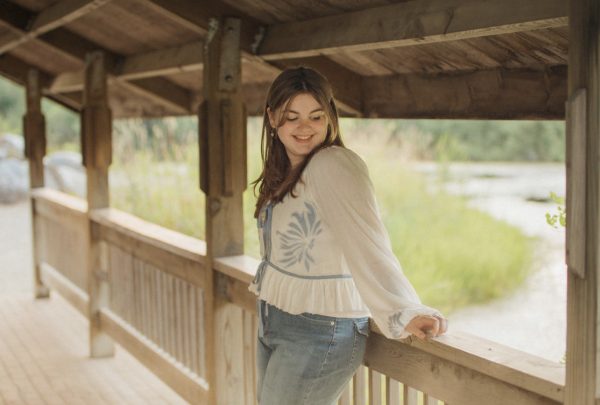
Madeline is a senior, and this is her third year on staff! She's the features editor and social media manager. She joined the Norse Star because she loves...


